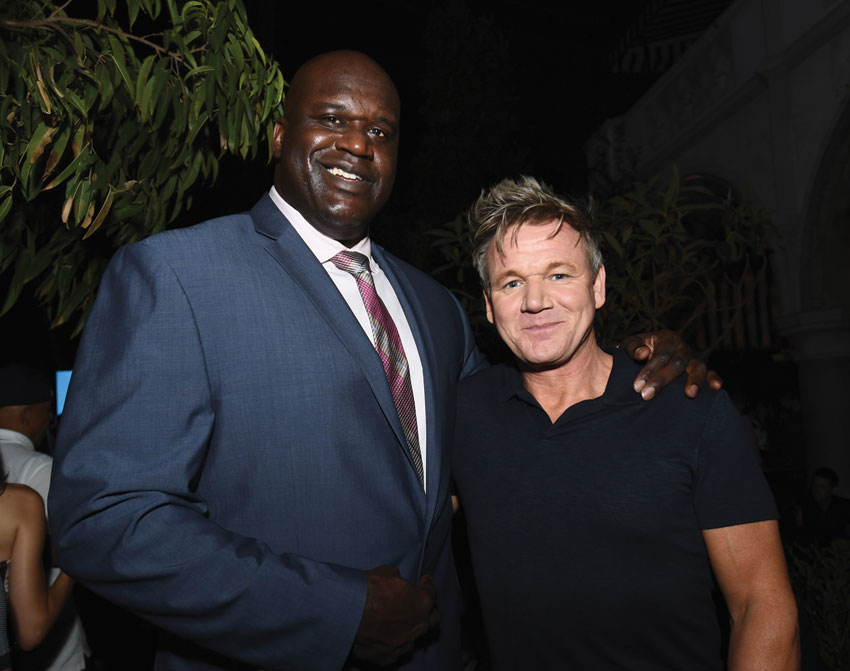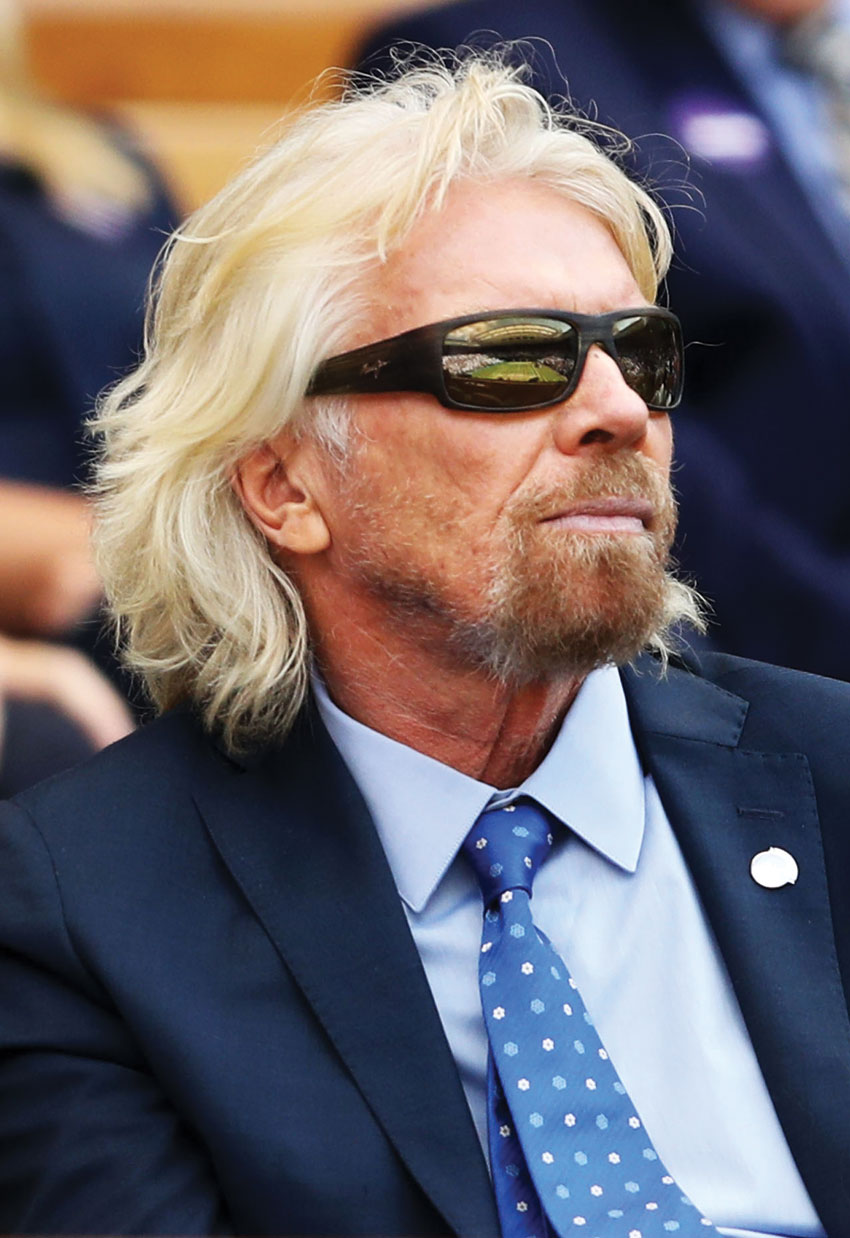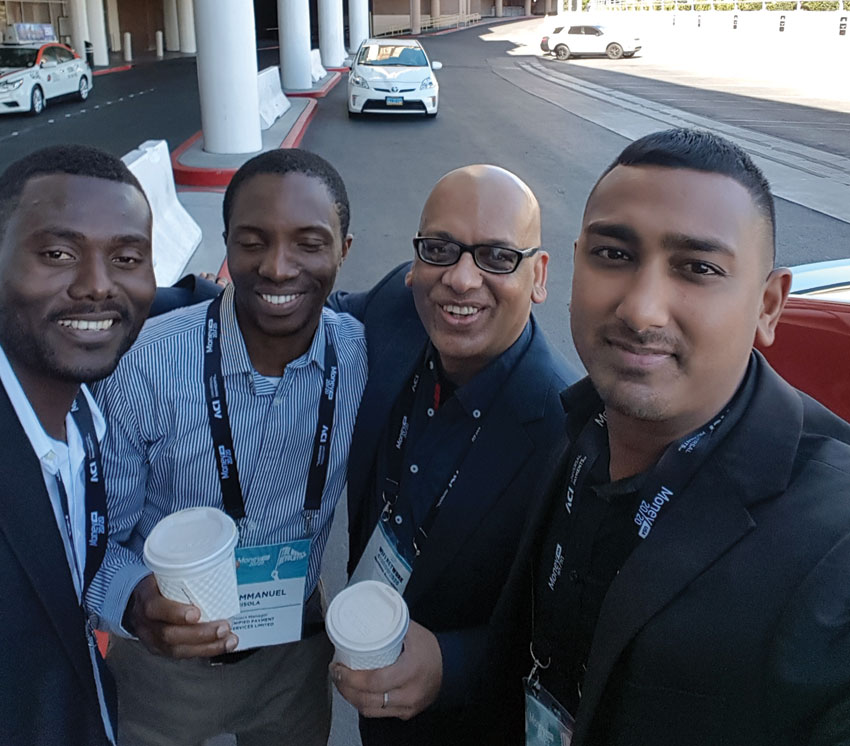It’s Blockchain, Not Bitcoin: Money 20/20 Vegas Conference
Blockchain has become a hot topic in the tech and business industry within the past decade. The amount of innovation and disruption caused by Blockchain was evident in Las Vegas, earlier this year. With over 10,000 attendees including over 2,500 C-Level executives and hundreds of VCs, over 3,500 companies from all over the globe, and over 500 expert speakers including top celebrities Shaquille O’Neal, Akon, and Richard Branson, it is apparent that Money 20/20 2018 defied the famous mantra, “What happens in Vegas, stays in Vegas,” writes Siliconeer technology editor Pavan Mandhani.
Held in the desert oasis of Las Vegas, Money20/20 was not a conference devoted to gambling “money.” In fact, Money20/20 is one of the largest fintech conferences, held annually. This year, important topics covered include blockchain and cryptocurrency, AI and deep learning, payments and its platforms, cybersecurity and fraud prevention, and alternative and credit-based lending.
You must be wondering “Really? In Vegas?” Yes, Money20/20 2018 goes in-depth in differentiating between blockchain, cryptocurrency, and the relevance of Bitcoin in these sectors.

Wikipedia claims, “Blockchain is defined as a growing list of records, called blocks, which are linked using Cryptography. Each block contains a cryptographic hash of the previous block, a timestamp, and a transaction data.” Sounds very complicated!
In layman’s language blockchain is a shared database or a ledger. Each block is like a distinctive record or a row in your spreadsheet that stores unique information distinguishing it from other blocks. Just like a set of records are in a database or a ledger, these set of blocks chained together is referred to as “blockchain.” Each block contains three parts: (1) information about transactions, (2) the participating party’s information, and (3) unique information of that block that distinguishes it from other blocks. However, unlike databases, blockchain holds copies of these records in millions of computers all over the world, like a network. Now, it’s nearly impossible for a single person to manipulate every copy of that record on that ‘blockchain network.’ In other words, an expert hacker will feel the heat, or the chills if you may.
With new food for thought, I asked myself, “How can you talk about Blockchain and not talk about Bitcoin?”
Bitcoin is a type of digital currency and an application, or protocol, built off the blockchain concept. The elusive pseudonymous creator of Bitcoin, Satoshi Nakamoto (Who is he? No one knows), called Bitcoin as a new digital (electronic) cash system that’s completely peer-to-peer without a third party involved.

With Bitcoin, you can transfer funds without the involvement of a single entity, such as a central bank. Rather than the banks verifying the integrity of the transaction, cryptographic algorithms enforce the trust and integrity. For example, when you wire transfer funds to another person, you put all the transaction information (name, bank account number, routing number, swift code) of the sender (you) and the receiver. Then you trust a third central party, such as a bank, to process it. However, Bitcoin stores all the transaction information in a block which is broadcasted to the ‘network,’ and then verified and confirmed by the computers in that ‘blockchain network.’
After hearing enough about blockchain and Bitcoins, I attended few sessions on another very hot topic in tech, Artificial Intelligence.
One very interesting keynote interview was presented by Naureen Hassan, Chief Digital Officer, Wealth Management of Morgan Stanley. She claims “Augmented Intelligence” is the winning model to combine the power of artificial intelligence, machine learning, and human advisors. It is not “either or” and one does not replace the other.

Along with many esteemed speakers was world renowned Sir Richard Branson. His advice to entrepreneurs was, “Just remember what a business is, Business is simply a group of people. And if you gonna have a successful business, you should be a wonderful motivator of people, you must be looking for the best in your people, you must avoid criticizing your people and lavish a lot of praise on them.” It was also great to hear from Shaquille O’Neal, the basketball legend, when asked, “on the future of money,” he replies, jokingly, “Trans Parent See” or “transparency,” I suppose. It was very encouraging to hear how Akon and his business partners are utilizing the power of celebrities and blockchain to create positive change, economic stability, and growth across Africa, and the world at large.
With a strong focus on the future of fintech, the conference also featured many accelerator programs, new opportunities, and the latest and greatest from large banks and entrepreneurs.
In this age of women empowerment, an accelerator program for ambitious women in the financial services industry called “Rise Up” was launched to address the gender imbalance in leadership positions within the financial services and fintech industry. Rise Up is an exclusive program that will expose tomorrow’s female leaders to contacts, mentors, executive training, and education, catapulting their career to the next level. With 300 applications and 100 reach-outs, only 35 were selected from large companies like Visa and Paypal, and small startups to be part of this program.

Another landmark of the conference was ‘Pepper,” HSBC’s new banking assistant robot introduced in the flagship New York branch. Pepper has crossed 10,000 customer interactions already.
And if the conference was already not a big enough deal, there was the Startup Pitch where 24 elite startups pitched in just 3 minutes, followed by 3 minutes of questions from a panel of judges. Only two of these innovators were selected to move on to the one-on-one Startup Pitch Finals. Finally, the audience ultimately selected the $25,000 Grand Prize winner: Icon (Savings Plan).


